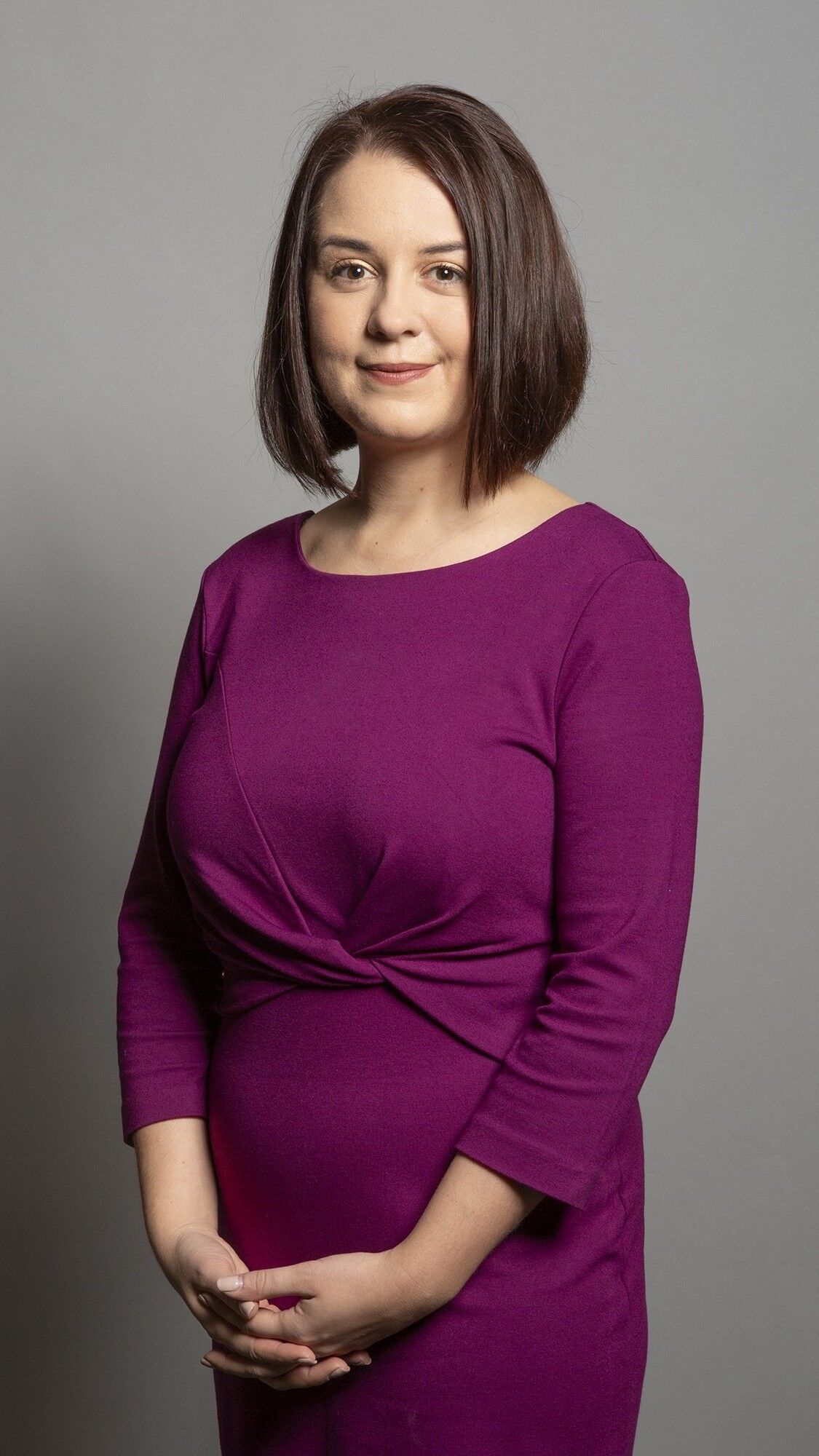The UK government is to examine the future of linear TV broadcasting amid fears that some older and underprivileged viewers could be excluded from the general shift towards streaming.
Media Minister Stephanie Peacock has launched a forum to advise on the issue, bringing together representatives from Ofcom, broadcasters such as the BBC, ITV and Sky, infrastructure operators like Arqiva and organisations representing audiences including Voice of the Listener and Viewer.

It will consider how all viewers, including older people and those without internet connectivity on their TV, can continue to access British content as consumer habits continue to change.
The forum will have a particular focus on the pressure the rise of streaming puts on delivering traditional broadcast television in a cost-effective way.
The core aims of the group will be to ensure that “no one is left behind amid a shift towards online viewing, and to establish a sustainable television ecosystem that works for both audiences and the industry.” The forum is due to meet quarterly, starting later this month.
Gill Hind, COO and Director of TV at Enders Analysis, Richard Lindsay-Davies, CEO of research and technology organisation Digital TV Group, and DCMS College of Experts academic Catherine Johnson will chair three smaller working groups supporting the forum, representing the TV sector, infrastructure and audience groups.
Research published by the government predicts that 95% of households will have the capacity to watch TV over the internet by 2040. However, 5% of households, or 1.5 million people, will still rely on traditional linear broadcasting by the same year, without intervention.
This ‘unconnected’ group tends to be significantly older, have a lower socioeconomic status and live in rural communities, said the research. The cost of broadband and lack of digital skills are key factors in preventing households from adopting Internet Protocol Television (IPTV) or programmes delivered via the internet.
Media Minister Stephanie Peacock said: “Streaming has revolutionised the television industry. Viewers have never had more choice over what to watch and how to access content. As the shift towards streaming and watching live broadcasting online continues, it is vital that no one is left behind. I want to ensure that as many people as possible can watch TV in a way that suits them.”
You are not signed in
Only registered users can comment on this article.

Analysts say Banijay All3 merger is "bang on trend"
Banijay Group and RedBird IMI have agreed to merge Banijay Entertainment and All3Media to create a global media and entertainment company called Banijay.

Paramount plans to combine HBO Max and Paramount+
Paramount+ and HBO Max will be merged into one streaming service, according to David Ellison, CEO of Paramount.

Tilly Norwood creator makes key hire amid plans to ramp up business
Tilly Norwood AI talent studio Xicoia – founded by Particle6 CEO Eline van der Velden – has made its first major hire, bringing in former Amazon Prime Video executive Mark Whelan as Head of Strategy and Operations.

Winter Olympic Games 2026 is most-watched ever for European broadcasters
The Winter Olympic Games in Milano Cortina have achieved strong results for European public service broadcasters.

Jonathan Allan to step down from Channel 4
Channel 4’s interim Chief Executive Jonathan Allan is to leave the organisation after 15 years.




